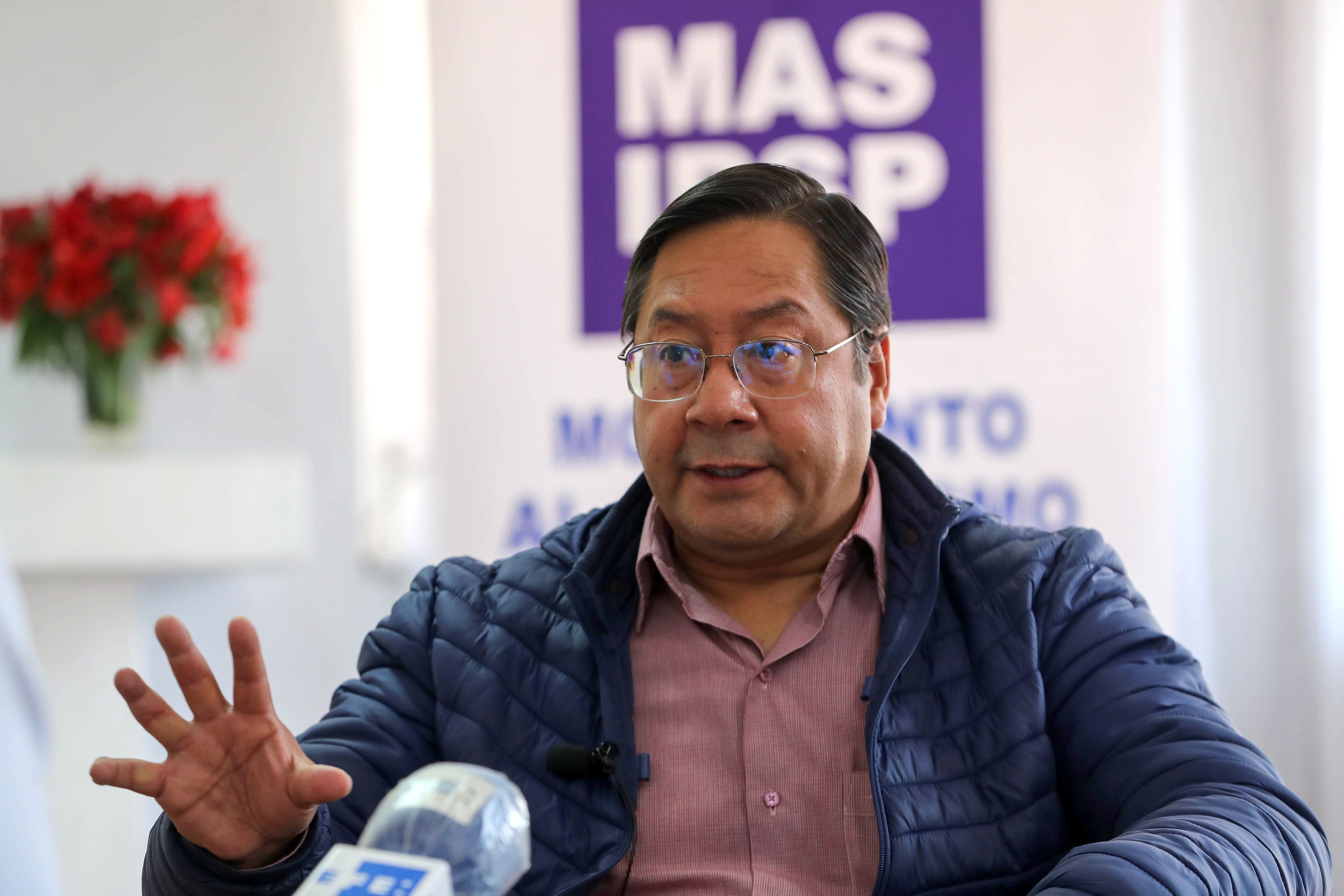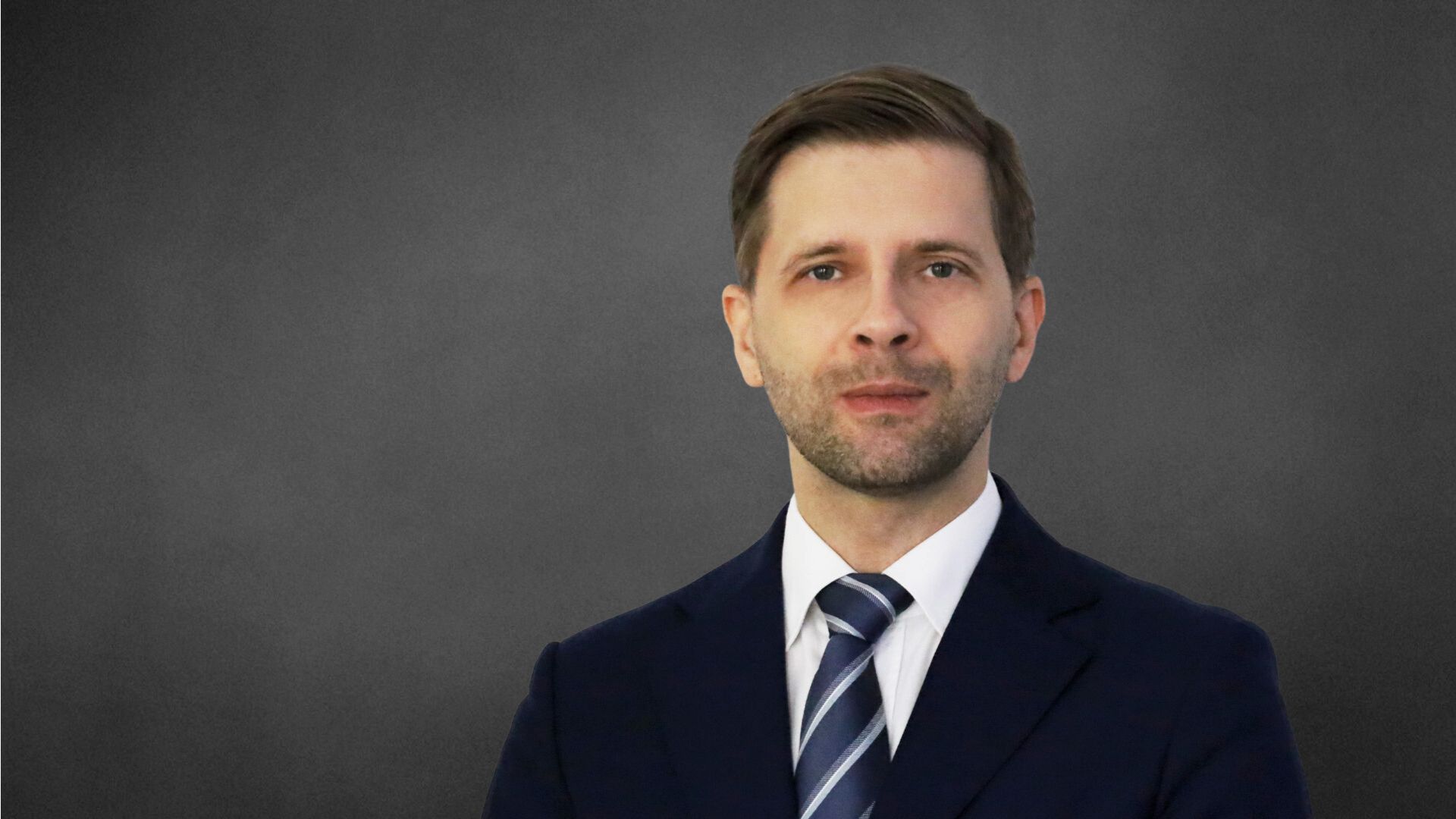The Return of the Left to Power in Bolivia

What was the context for the latest elections?
The voting took place one year after the annulled elections of 20 October 2019. Allegations of electoral fraud against Morales, who had been seeking a fourth presidential term, led to an outbreak of public protest. On 10 November, under increasing pressure, he resigned and fled the country, claiming to have been a victim of a coup. Shortly after, the conservative opposition formed an interim government headed by Jeanine Áñez. The authorities were obliged to swiftly call new elections but delayed the decision. Instead, they inflamed the internal situation, for example, by prosecuting supporters and former members of Morales’ government and postponing new elections, which they justified with the COVID-19 pandemic. At the same time, Arce, Morales’ economy minister in 2006–2017, kept strengthening in the polls.
What does MAS’s return to power mean for Bolivia?
Preliminary results (52.4%) give Arce victory in the first round and a strong mandate to govern. MAS’s success has to do with the fragmentation of the opposition, criticism of the Áñez government’s performance on the pandemic, and the memory of the achievements of the Morales government (2006–2019), for example, stable and high GDP growth and poverty reduction. Although Arce, an economist by education, is seen as a co-author of these initiatives, it is uncertain how much he will be a continuator of Morales. For the former president, the wide victory for MAS serves as a proof there was no fraud in the 2019 election, but also distracts attention from allegations of Morales’ authoritarian tendencies, such as the questionable grounds for his bid for a fourth presidential term. Arce has stated he sees no government role for Morales right now, which may suggest a desire to distance himself from the latter. The next president will focus on the economy by increasing consumption through social transfers and stimulating manufacturing sectors. One pending challenge remains commercialisation of the world’s largest lithium deposits, located in Bolivia, including the launch of domestic battery production.
What are the implications for the region?
Arce’s statements suggest that his government will continue Morales’ foreign policy. Bolivia will again be part of the group of Latin American countries most critical of the U.S. and free-market policies. MAS’s victory was enthusiastically welcomed by the Cuban and Venezuelan authorities, for whom Morales was an important ally. Arce intends to restore diplomatic relations with these countries, cut by the Áñez government. He is also critical of the Organisation of American States, blaming it for false claims of voting fraud in the 2019 Bolivian election. The new government will also be an important partner of the leftist authorities of Argentina and Mexico, which helped Morales to flee the country and supported his claims of a coup. As a result, polarisation in the region on the principle of non-interference and the promotion of democratic order will increase.
What is the importance of the Bolivian elections for the EU?
The peaceful character of Bolivia’s latest vote strengthens the EU’s position as a leading promoter of democracy in Latin America. It may serve the Union to demonstrate the effectiveness of its support tools. In the case of Bolivia, under its multiannual programme, the EU finances projects aimed at strengthening democratic institutions and civil society. Besides this, it secured €2 million for Bolivia’s Supreme Electoral Court to help ensure observance of democratic standards during the elections and €600,000 for NGOs to monitor voting activity. Also, it provided an election observation mission. This engagement by the EU may foster cooperation with the new Bolivian government, but both partners will not avoid differences on challenges such as a political solution to the crisis in Venezuela.


